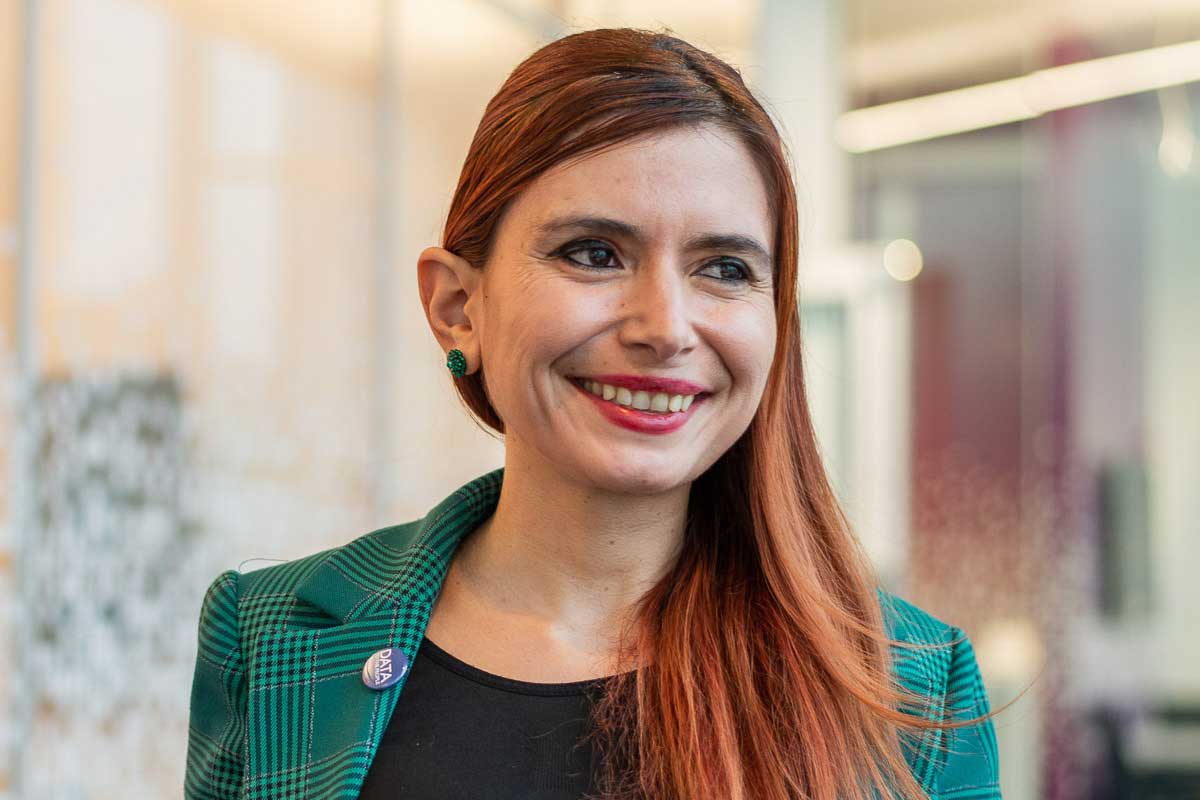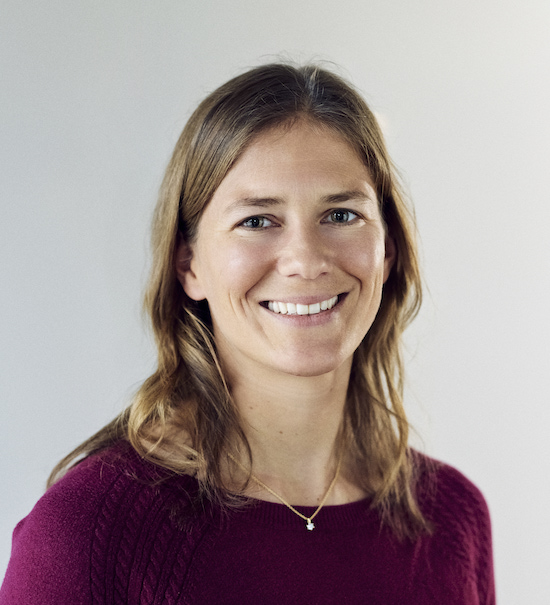Algorithmic Collective Action A Workshop co-located with NeurIPS 2025.
Saturday, December 6, San Diego Convention Center, Upper Level Room 4.
How can participants steer AI systems toward a common good?
This workshop explores collective strategies for shaping outcomes in socio-technical systems from below. We welcome contributions that examine algorithmic collective action through the lense of machine learning, statistics, optimization, economics, and the humanities. Submissions may address theoretical foundations, empirical studies, or practical challenges that advance our understanding of how coordinated efforts can influence the development and deployment of AI systems.
CDMX Satellite Event (co-located with NeurIPS Mexico City): Programmable Logic Devices Laboratory
Q Building, School of Engineering
National Autonomous University of Mexico (UNAM)
Coyoacán, Mexico City, Mexico
Please note the location is 20km away from the Hilton Mexico City Reforma
(special thanks to Norma Elva Chavez (UNAM) for organizing the satellite event)
Speakers
-

Assistant Professor
Northeastern University
-

Assistant Professor
ETH Zürich
-

Incoming Assistant Professor
Stanford University
-

Director of Research
Distributed AI Research Institute (DAIR)
-

Associate Professor
Western University
-

Professor
Cornell Tech
-

Research Scientist
Lausanne University Hospital
-

Associate Professor
UC San Diego
Panelists
-

UC San Diego
-

IATSE Local 695
-

Tech Equity
-

Distributed AI Research Institute (DAIR)
Organisers
-

University of Waterloo
-

Simon Fraser University
-

MPI-IS and ELLIS Institute Tübingen
-

Carnegie Mellon University
-

University of Texas at Austin
-

École de Technologie Supérieure
Student Organisers
-

ETS Montreal
Satellite Event Organisers
Program Committee
We are gratefull to the following volunteer reviewers:
- Ulrich Aïvodji — ETS Montréal
- Ashutosh Ahuja — Starbucks
- Blair Attard-Frost — University of Alberta
- Williiam Agnew — CMU
- Sushma Anand Akoju1 — University of New Hampshire Durham
- Héber H. Arcolezi — Inria
- Pushpa Kumar Balan — University of Central Missouri
- Joachim Baumann — University of Zurich
- Meghana Bhange — ETS Montréal
- Michal Bravansky — University College London
- Renjie Cao — Nanchang Hangkong University
- Arthur Charpentier — Université du Québec à Montréal
- Mahasweta Chakraborti — University of California Davis
- Abhiroop Chatterjee — Jadavpur University
- Khaoula Chehbouni — McGill
- Harry Cheon — UCSD
- Elliot Creager — University of Waterloo
- Zhoujie Ding — Stanford University
- Kate Donahue — MIT
- Julien Ferry — Polytechnique Montréal
- Sara Fish — Harvard
- Prakhar Ganesh — McGill
- Etienne Gauthier — Inria
- Ashish Gupta — ServiceNow
- Shreyas Kadekodi — University of California San Diego
- Mobina Noori Kaliani — University of California Davis
- Alice Kang — University of British Columbia
- Patrik Kenfack — ETS Montréal
- Khurram Khalil — University of Missouri
- Bogdan Kulynych — CHUV - University Hospital Lausanne
- Chen Li — Carnegie Mellon University
- Hanlin Li — University of Texas
- Celestine Mendler-Dünner — MPI Tübingen
- Jennifer Mickel — Eleuther AI
- Rashid Mushkani — Université de Montréal
- Sohom Mukherjee — Julius-Maximilians-Universität Würzburg
- Lauren Quigley — IBM
- Abhinav Sagar — University of Maryland
- Parth Sarin — Stanford University
- Rushabh Solanki — University of Waterloo
- Mahmoud Srewa — University of California Irvine
- Meredith Stewart — UCSD
- Afaf Taïk — Université de Sherbrooke
- Sandy Tanwisuth — University of California Berkeley
- Annie S. Ulichney — University of California Berkeley
- Nicholas Vincent — Simon Fraser U
- Priyanka Verma — University of Toronto
- Qing Xiao — CMU
